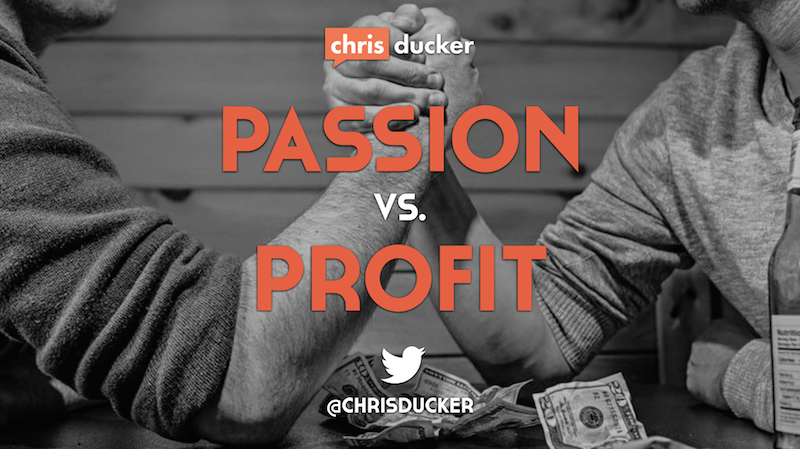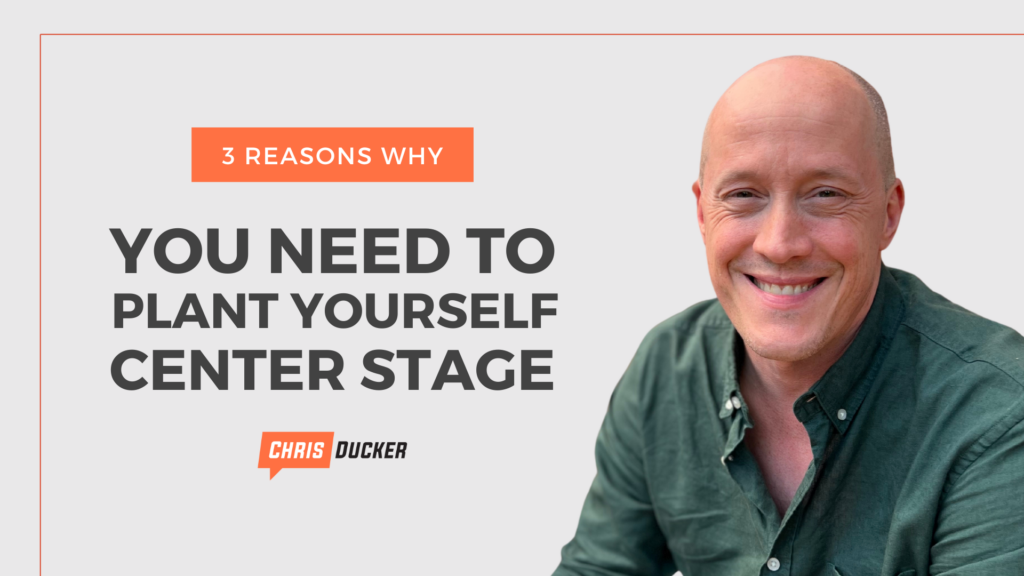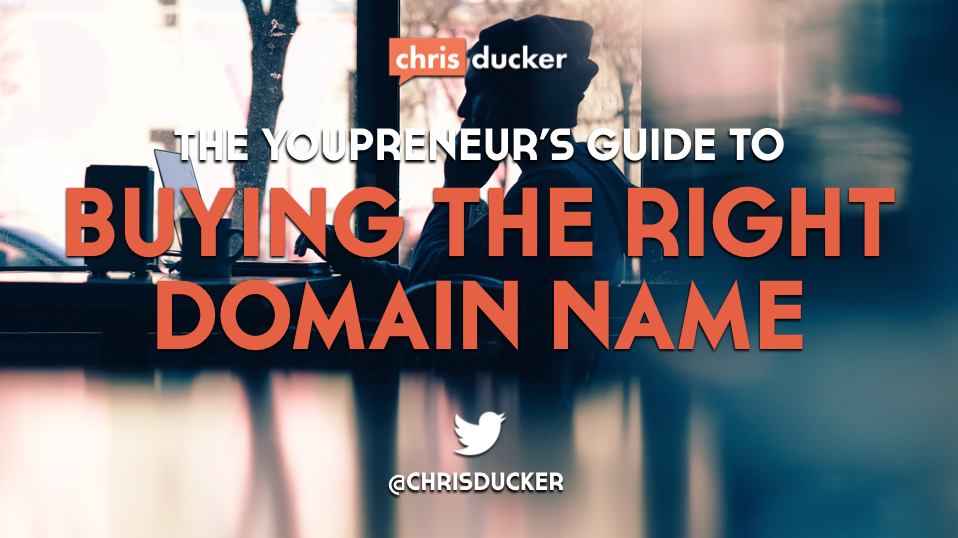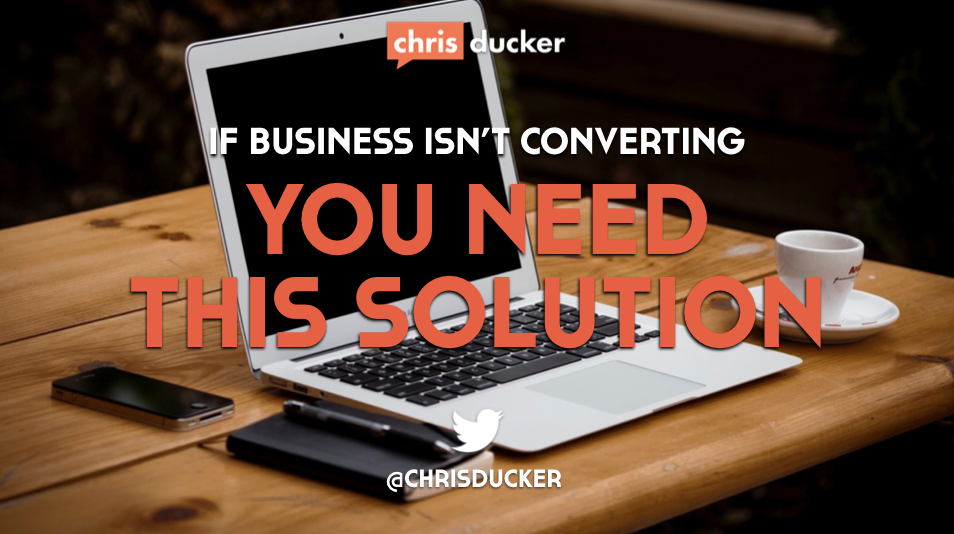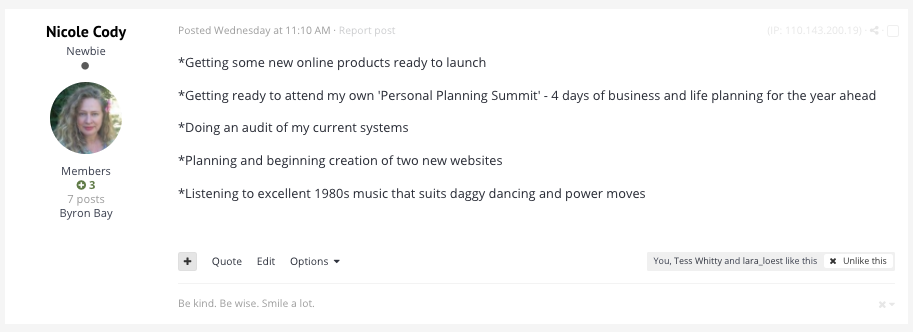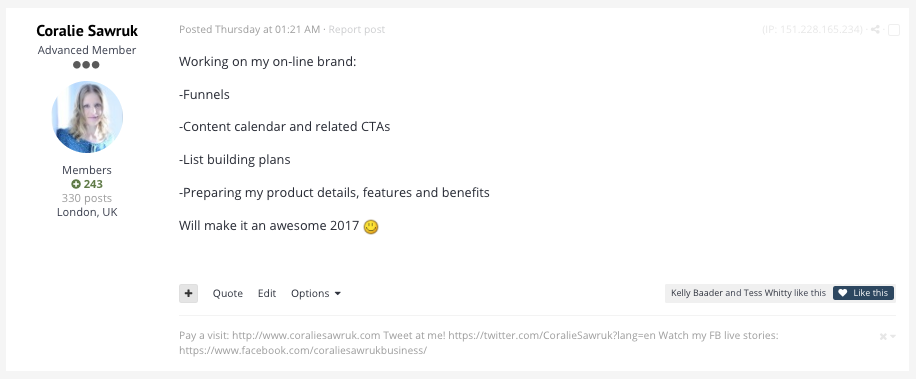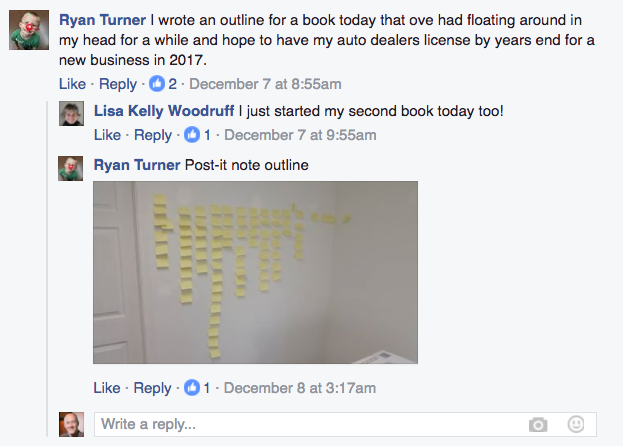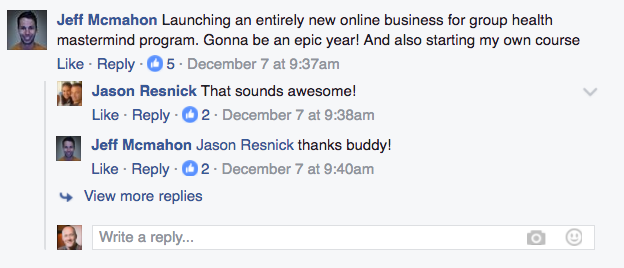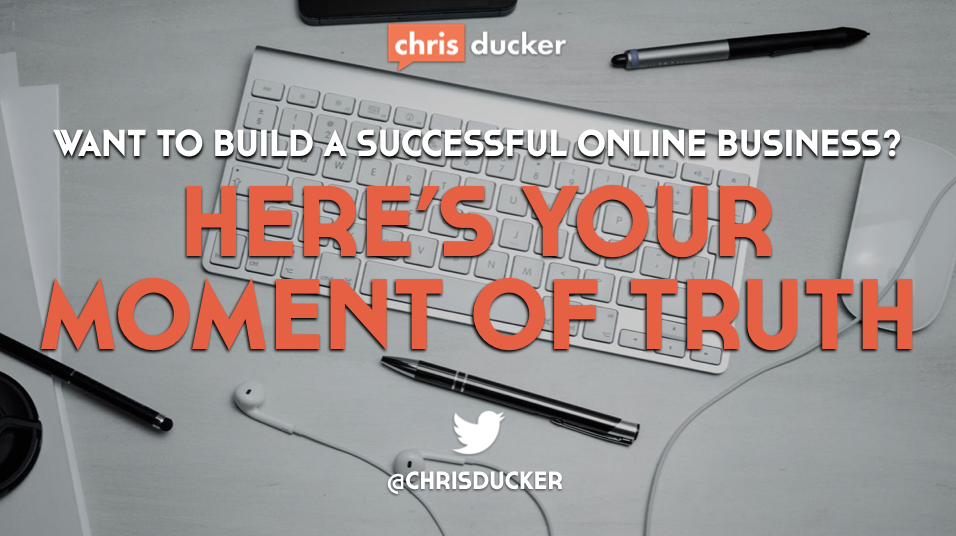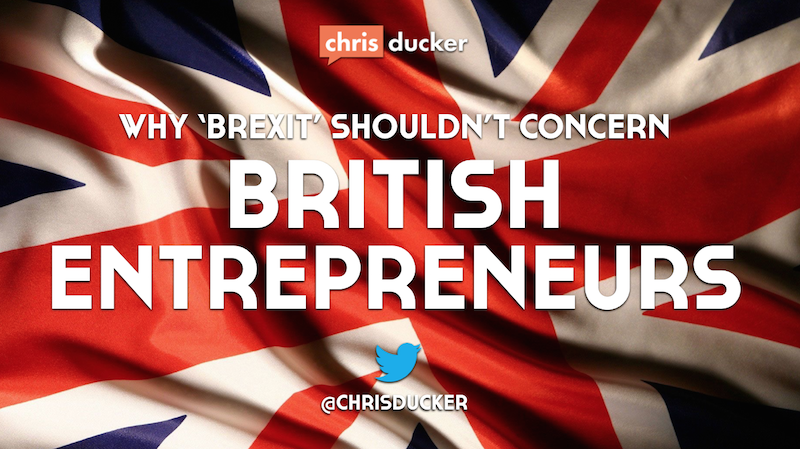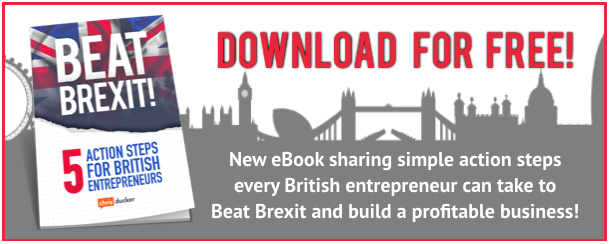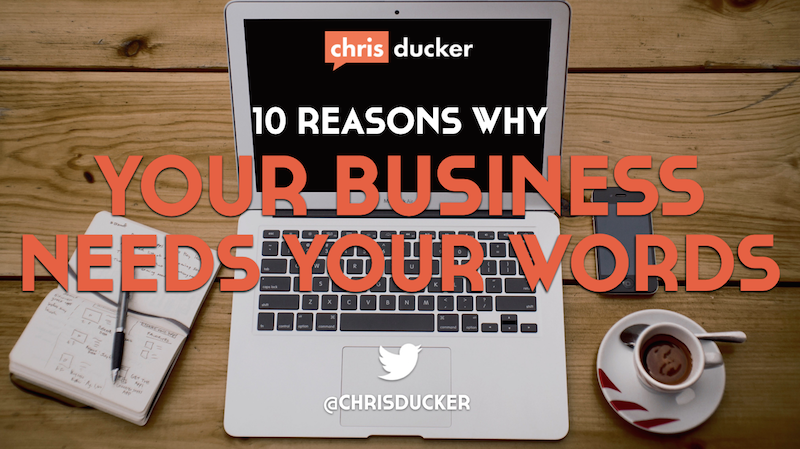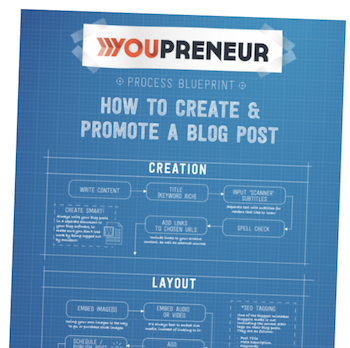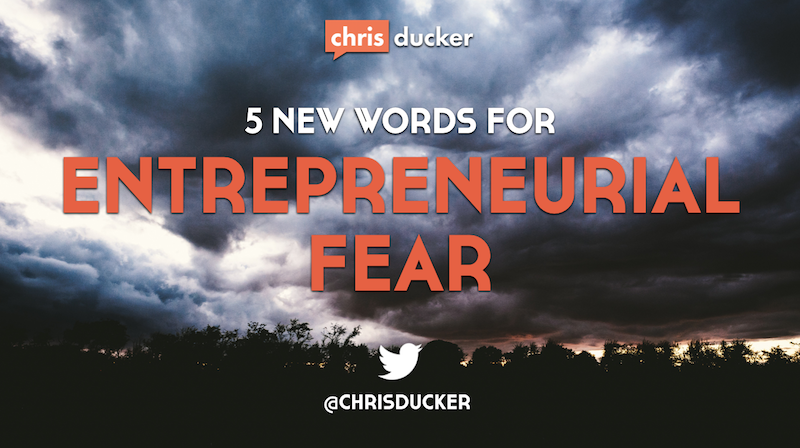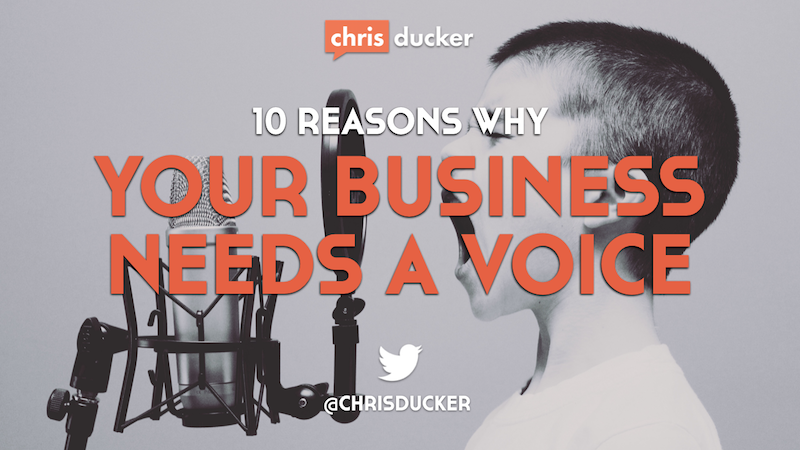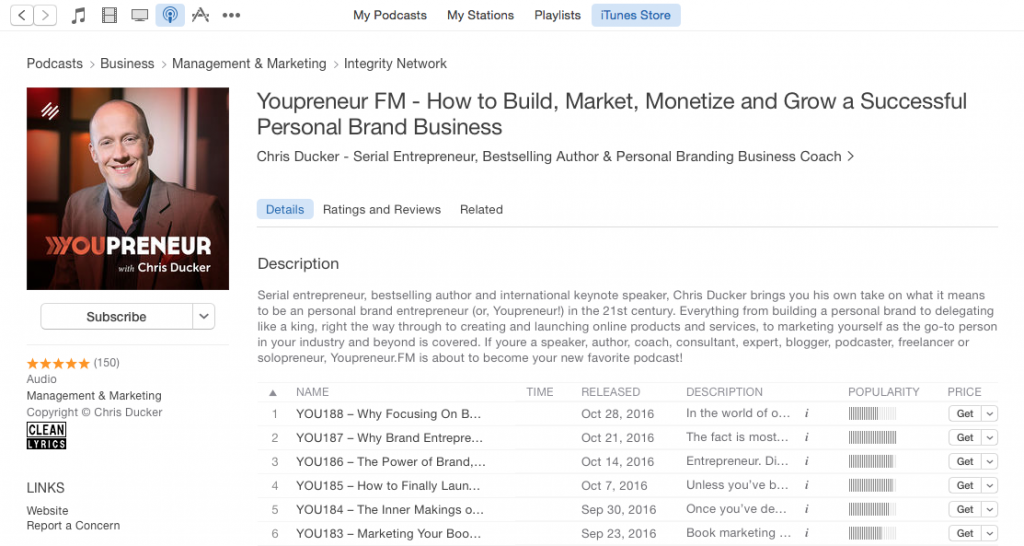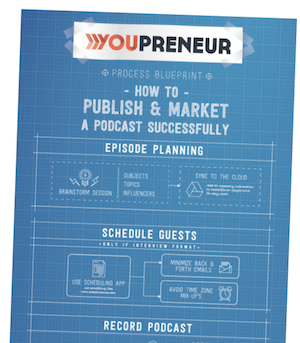I talk to dozens of entrepreneurs every day.
Hundreds every week.
Thousands every month.
And do you know what so many of them struggle with? One thing that sounds like a strength, but is actually a hidden source of stress in business?
It’s passion. Yes, passion! More importantly, Passion vs Profit.
Too much passion—for your idea, your solution, your potential—will kill your business faster than just about anything else.
Why? Because passion makes a terrible CFO, ladies and gents.
Passion will tell you to start your business without a clear idea of who you’re serving or how you’ll make money. Passion will tell you to work for free or for “exposure.” Passion will tell you that loving what you do is the best reason to start a business.
Passion will also up and LEAVE the second things get challenging. And then what? (Because business gets really challenging, really quick!)
I’m sure you see it now. Passion is basically your inner five-year-old demanding a corner office and free reign of the accounts. And I don’t know about you, but I’ve parented a five year old (three times now!). Lovely people, but I wouldn’t hire one!
And neither should you.
The Problem with Passion
There’s a dangerous story entrepreneurs are telling themselves these days.
It’s that you have to love every single second of every single work day in order to be successful. It’s that you’ll never have to work again if you just “follow your passion.”
Guys. No. No! I love what I do, but I don’t love every single second. Some seconds are bloody AWFUL. Sometimes entire days are a wash. A few months ago, I deleted a huge document after weeks of working on it. And just last week, I sent out an email with a wrong link in it.
Passion is far too fleeting for any serious entrepreneur to depend on it.
The Other P-Word in Business
If passion is a dangerous thing to chase in business, what’s the alternative?
I’m glad you asked. 🙂
I’m on a one-man mission to rescue profit from the list of things no one wants to talk about.
It’s not a bad word, my friends. Profit is great! It’s how you know you’re connecting with your audience and making a difference. It’s why you get to keep building and growing. It’s how you feed your family!!! Profit is an absolute non-negotiable if you want your business to actually be legitimate.
Note the difference here between business and hobby! If you’ve got something you’re passionate about, far be it from me to tell you not to do it. But that’s totally different from trying to build a business that works!
The Passion vs Profit discussion is as old as business itself.
I’ve heard enough horror stories from people who started businesses purely because they loved something, and then not only lost a lot of money, but also lost the passion for the thing itself. It’s heartbreaking because it’s totally unnecessary. If you love something AND know how to make a business of it, go forth! But if you assume the latter will “figure itself out” if you just “chase your passion,” be very, very careful.
Chances are better you’ll end up broke and disappointed than rich and fulfilled in that scenario.
Instead, I recommend that my Youpreneur students and fellow entrepreneurs focus more on profit than they may have been comfortable doing in the past. When you force yourself to uncover the profit opportunities in your business, you’ll learn very quickly whether it’s worth your time to pursue. And if you don’t know all the answers right away, that’s OK, too.
Pursuing your business idea with a primary profit mentality lets you make quicker decisions about when to keep going and when it’s time to pivot. Passion, on the other hand, tells you to keep going even if it makes ZERO sense to do so.
One Question to Ask for a Primary Profit Business
The next time you have to make a decision for your business, stop for a second and ask yourself, “How will this decision affect my bottom line?” The how is important because it’s forcing you to itemize precisely what this decision will do to help build your business. A simple yes or no doesn’t suffice here.
You’ve gotta be able to quantify why it’s a good idea.
The Darker Side of a Passion-Driven Business
For all the entrepreneurs who launch passion-driven businesses, there are so many more who never start.
And that breaks my heart. Sincerely.
They’ve bought into the myth that they have to love something before they can begin, or that if they don’t have an inner five-year-old who’s always dreamt of building an online business, it’s not even worth trying to be an entrepreneur.
That’s backwards.
The idea of needing to love something before you can even start is like saying you need to be married before you can date. We’re all learning as we go here, “dating” our ideas and seeing what fits and what doesn’t. Sometimes it’s us who has to change. Sometimes the business idea has to be scrapped altogether. And that’s okay.
It’ll take you one step closer to the entrepreneur you’re meant to be.
So here’s a solution for you, in the month of love (if you’re reading this in the future, it’s February!): love BUSINESS.
Get passionate about building something that serves others and contributes to your family, and worry a little less about precisely what that something will be. Explore the ideas you’re passionate about AND the ones you’re not. Find out where the audiences are and how your expertise aligns with what they need.
Passion vs. profit? I’m for profit all the way, and I think you’ll find that when you are, too… passion is a wonderful by-product.
If you enjoyed this post, please let me know on my Facebook page or via Twitter. And… if you have some likeminded friends, I’d love for you to share it with them. Thank you!
